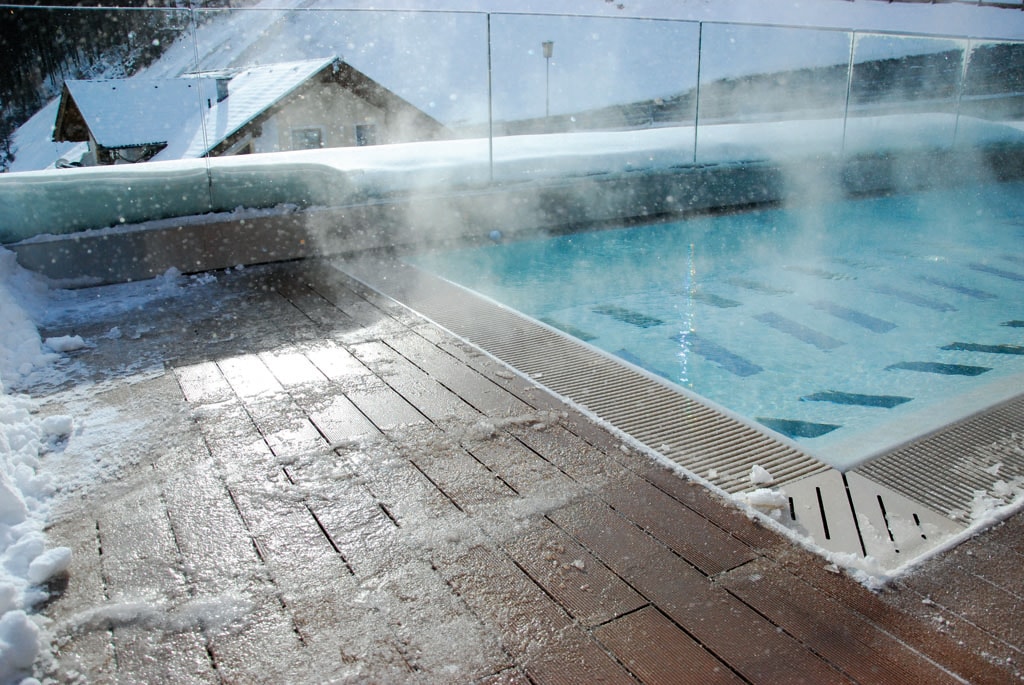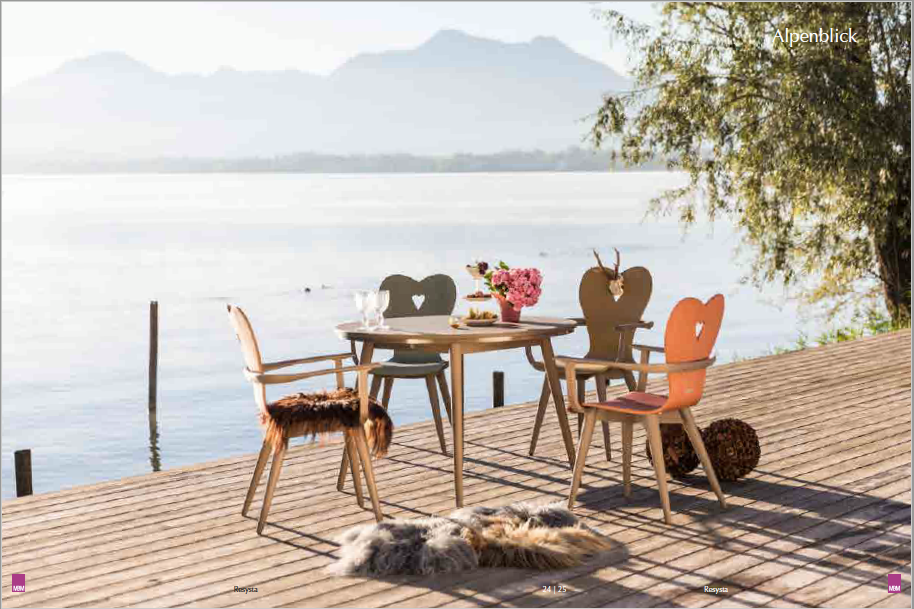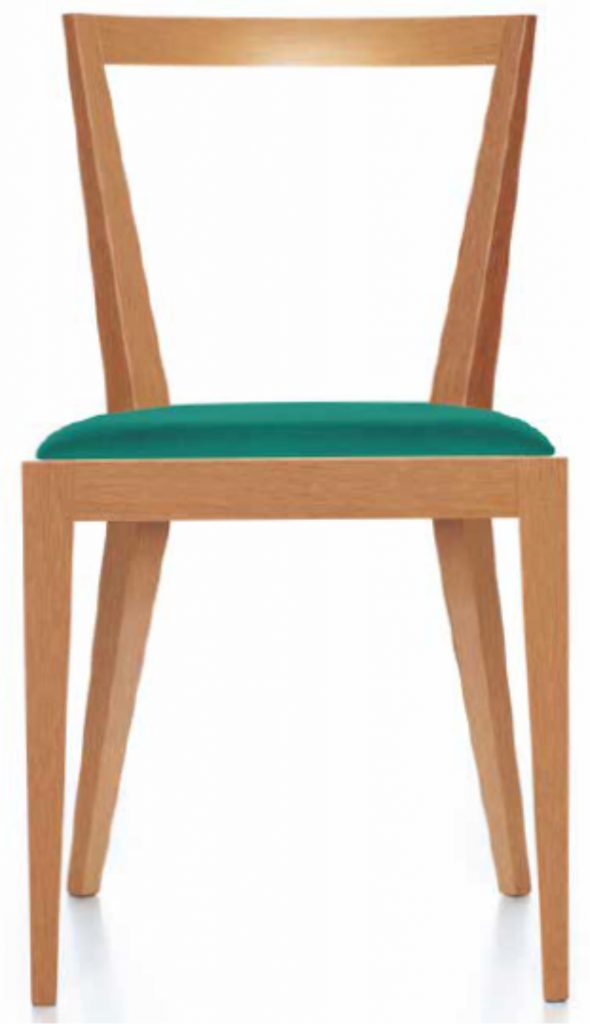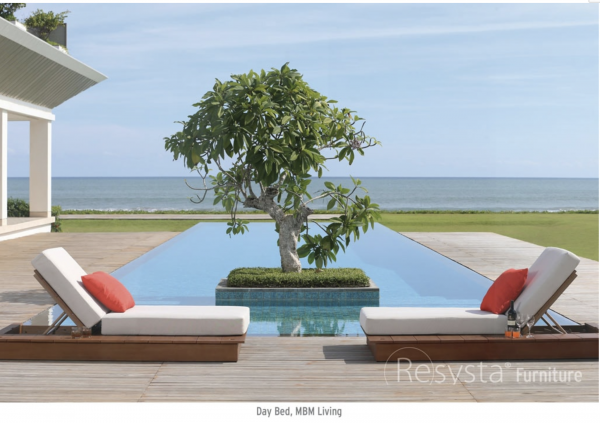
The material Resysta can do more than its natural role model
Products made of Resysta are very similar in feel and look to tropical woods. This is ensured by the special surface sanding. In addition, it conveys a warm and comfortable charisma like wood. But in many areas Resysta can do more than its natural role model. It is 100% water-resistant, does not fade, can be processed like wood and is also economically superior to many materials due to its durability and ease of care. Resysta therefore is a genuine material alternative to wood especially in wet areas such as spas, terraces and pool areas, furniture, garden and facade constructions. Apart from its high-quality appearance, Resysta products are non-slip and resistant to chlorine water and salt water and are therefore also employed on cruise ships.
The concept Resysta – international aprooved
The raw materials required for the production of Resysta are available regionally worldwide. This applies to approx. 60% rice husk as well as approx. 22% rock salt and approx. 18% mineral oil and eliminates the need for long routes of transport even before production. Resysta International GmbH licenses worldwide production to large industrial companies, such as Ineos (Europe), Reliance (India) or Agio (China). These in turn sell the primary material to the local industry, which uses it to produce local products for local markets. The product line ranges from decking, facade elements to garden furniture or ship decks. “We are very proud that the material Resysta is used in product design as well as in the architecture of well-known international brands, designers and architects like Starbucks, Waitrose or Mario Romano and we contribute to a sustainable design in international architecture”, emphasizes Roland Stoiber, COO of Resysta International GmbH.
In partnership with manufacturers of products made of Resysta, Resysta International formed a recycling consortium and launched a recycling cycle. Companies have committed to recycle leftover waste, such as cuttings or sanding dust, during production, and to take back residues from the markets to return them to the product cycle. Waste and residues are crushed and reintroduced into the production process. Despite the short history of the material Resysta and its enormous durability, the Polish company Croswood (www.croswood.pl) is already recycling today, producing a part of its products from residues from production and construction cuttings. The recycling consortium set up collecting points in five countries (GER, AUT, CH, NED, POL) ans is also supported by Vinylplus (www.vinylplus.eu), a voluntary sustainability development program of the European PVC industry.

Products made of Resysta
Resysta products are manufactured or processed by many companies in a wide variety of industries. All products are uniquely weather-resistant and have the natural look and feel of high-quality wood.
Icon Chair by Gio Ponti made of Resysta
International renowned companies like Starbucks, the William Vale Hotel New York, Royal Spa Kitzbühl, Hotel Bergland Sölden and BBB Italia use the material Resysta instead of Wood for their design and architecture.




